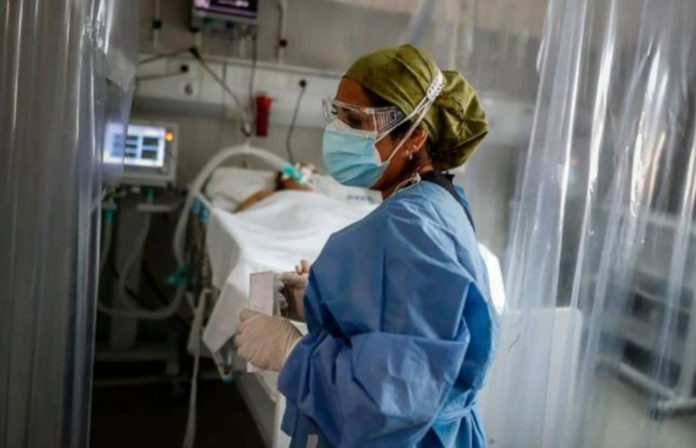The study revealed that COVID-19 patients who did not produce enough antibodies against protein S are at higher risk of dying.
The new findings, published in the Journal of Internal Medicine, suggest that COVID-19 patients being treated in ICU’s, who mount only a low antibody response against the SARS-CoV-2 S protein had a greater risk of dying from the disease.
The researchers also discovered that patients who had robust antibody responses to the virus had low levels of viral RNA in their blood.
Those with inadequate antibody responses, on the other hand, showed significant viral RNA levels and viral proteins in their blood.
The findings could assist in determining the ideal antibody levels required for an individual to combat COVID-19 while critically unwell. The study also demonstrated the role of antibodies against the SARS-CoV-2 spike protein in preventing virus replication. These are the antibodies that are produced as a result of vaccination.
This is one of the largest studies to date dedicated to testing antibodies in critically ill patients with COVID-19.
In a sample of 92 patients, the findings reveal that 40 percent of severely ill patients have insufficient levels of “Anti-S” antibodies at the time of admission to the ICU, while around 13 percent have an absence of these antibodies.
The team found that people who do not produce antibodies against “S” protein are seven times more likely to die in the first 30 days after admission.
According to the study authors, quantifying viral load in plasma could be useful to identify which patients are at higher risk of death. Faced with any viral infection, the adaptive immune system generates a repertoire of specific antibodies against the virus. These antibodies are of different types (IgM, IgG and IgA) and are directed at various targets or epitopes of the pathogen.
They further pointed out that within the antibodies generated, there is a variety called neutralizing antibodies, which have the ability to prevent the virus from infecting the cells.
“Our findings support that treatment with exogenous antibodies in COVID-19 should be personalized, reserving this therapy for those patients with absent or low endogenous antibodies levels,” said Jesús F. Bermejo-Martin, co-senior author from the Instituto de Investigación Biomédica de Salamanca (IBSAL) & CIBERES, in Spain.
The results of the study were published in the Journal of Internal Medicine.
Image Credit: Getty
You were reading: Low levels of anti-S antibody in patients with SARS-COV-2 increase COVID-19 death risk
